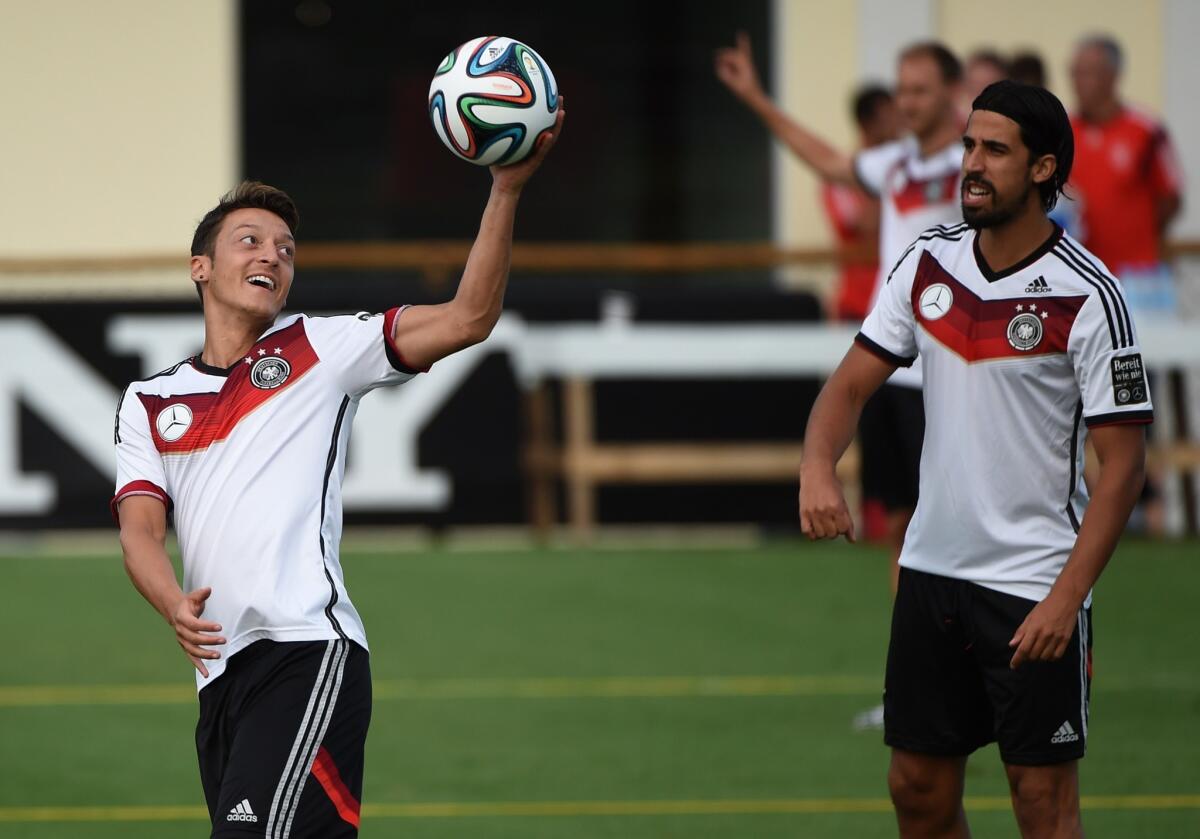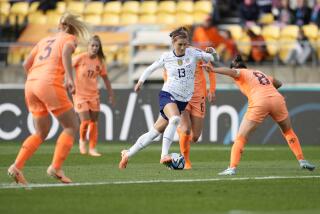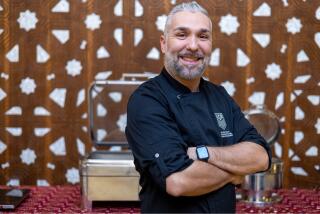World Cup: Germany rides team approach into championship

For Germany, an underpinning to its rollicking World Cup has been strategy, and not just of the Xs and O’s variety.
Its soccer federation originally chose spacious, deluxe housing near a bustling coastal city as the team’s base in Brazil. On second thought, it decided to build a custom-made site, small and compact, in a more remote region. The concept was intended to create an atmosphere in which players would hang out together and maybe even bond, with minimal distractions that would have allowed them to go their separate ways.
Even the number of channels available on room televisions was limited to prod players to congregate in the group areas of their compound.
The 2012 European Cup squad was undone partly by factions overtaking an all-for-one attitude. Ouster in the semifinals is hardly a hide-your-face outcome, but the Germans believed they left much on the table.
Another welcome development, somewhat by chance, is the team’s evolution into one without stars. Such players, whose raging egos can serve as a blessing and a curse, are disproportionately strikers and wingers. Germany almost plays without those positions, a happenstance related to how their talents mesh.
The most decorated German is Miroslav Klose, who will exit this tournament as the World Cup career goals leader. He has been more substitute than starter, but by all accounts, accepts the role. His demeanor appears to have rubbed off on others.
A maxim in real estate is that the three most critical factors are location, location and location. The location of Germany’s digs, along with the design of accommodations that fostered teamwork, have put this collection of near-equals in a prime spot to secure its fourth World Cup.





